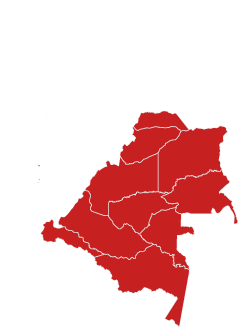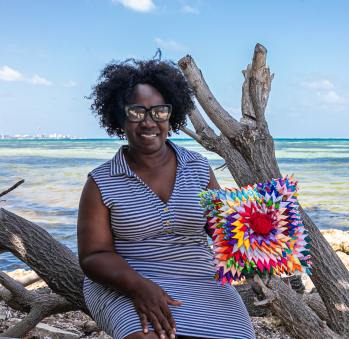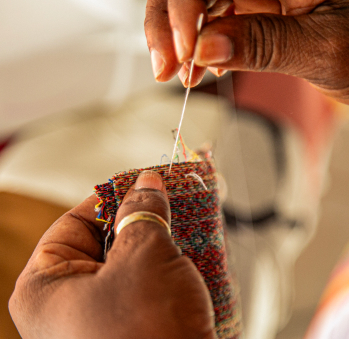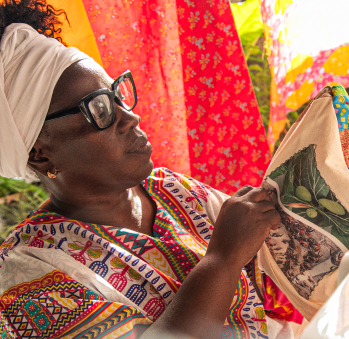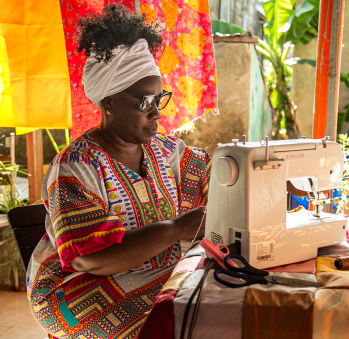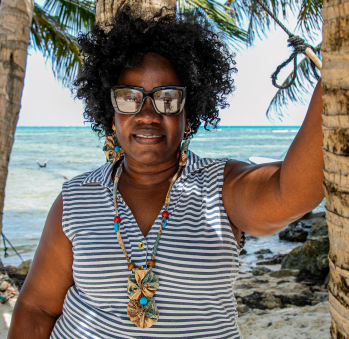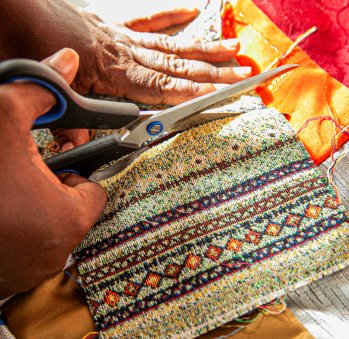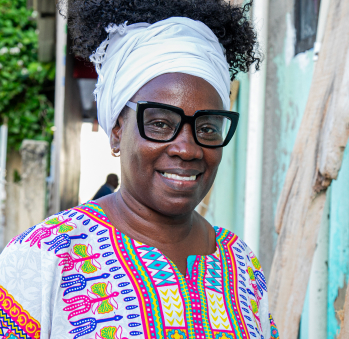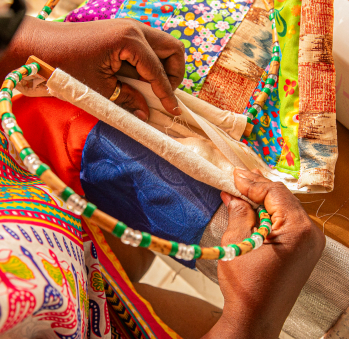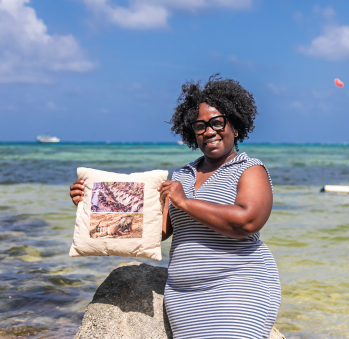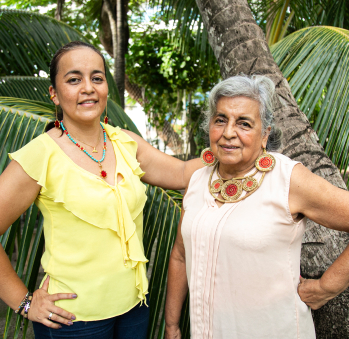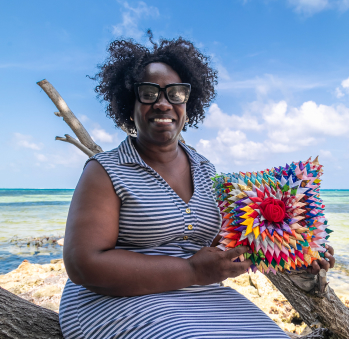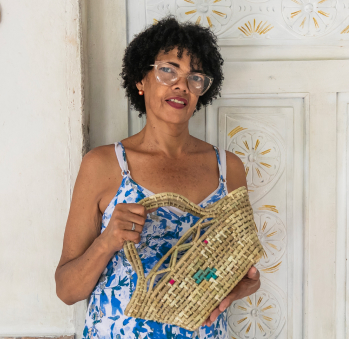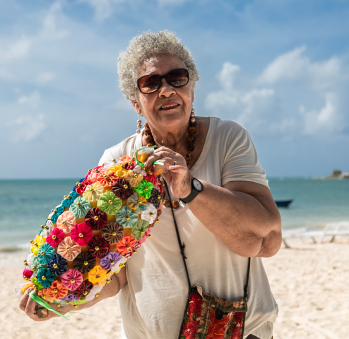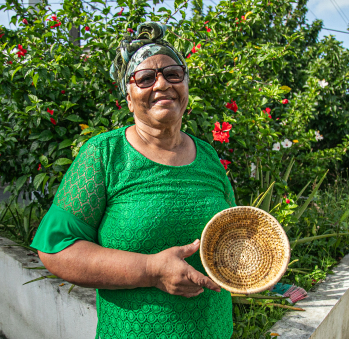Dorothy Bernard Pomare
Workshop: Dorothy Bernard Pomare
Craft: Trabajo en tela
Trail: San Andres Route
Location: San Andrés, San Andrés y Providencia
SCHEDULE YOUR VISIT
When Dorothy speaks, she traverses time, back to her childhood, reminiscing about her parents and grandparents meticulously arranging their quilts on the bed, creating an aura that deterred anyone from sitting on them. Their rooms remained immaculate, primed for the return from Mass, where they’d host biblical lessons and gather for tea promptly at four. Her father, Mister Jabor Bernard, carried on the family tradition by singing deep, resonant melodies and playing guitar at the Baptist Church. Dorothy inherited his voice and sings gospel tunes with a soprano that echoes his legacy.
For Dorothy, discussing craftsmanship serves as a way to reclaim lost moments. She acknowledges that as a young girl, she took her roots for granted, assuming they would always be there. She never paused to delve into the rich cultural heritage that ran in her family’s veins or to listen to their tales. That changed at 19 when Miss Thalia taught her the craft of making baskets from coconut leaves. Memories flooded back of her childhood, creating dolls by drying palm leaves for their hair.
Later, Miss Elva Jay noticed her talent and urged her to join her patchwork course at Sena. Initially resistant due to time constraints and impatience for detailed sewing, Dorothy succumbed to Miss Elva’s persistence. Now, not a day passes without her assisting her mentor, who has imparted sewing expertise to countless others. Sewing, for her, is a conduit for sharing stories and honoring heritage. She cherishes the artistry, a cherished tradition of San Andrés Island. Without delving into this practice, she’d have remained oblivious to the fact that the island’s first quilts were fashioned from flour sacks brought from Colón, Panamá.
These sacks concealed a delicate linen that Raizal women repurposed to mend their clothes, birthing the art of patchwork from necessity. They also utilized the fabric as a sieve for making cassava starch used for ironing garments. Dorothy’s memory is brimming with captivating anecdotes about the gracefulness of San Andrés women, notably on Sundays attending church. She treasures these memories, recalling how her mother starched her skirt so heavily for the July 20th parades, celebrating Colombia’s assertion of the island as Colombian territory, that it wouldn’t flutter in the breeze. Discussing craftsmanship becomes a vessel for recollecting her life and the lives of her Raizal family.
Her craft spans quilts, aprons, skirts, sheaths, and bed sheets, each demanding meticulous labor, complemented by her love for cooking. Her signature dishes, cooked turtle, rondón, and pork meat—all infused with coconut milk—are renowned. However, it’s not about competition but the harmony between arts and her identity as a Raizal woman. Dorothy lives and reminisces about her island, holding it dear in her heart as her ancestral land while also cherishing her grandfather’s Jamaican heritage.
Craft
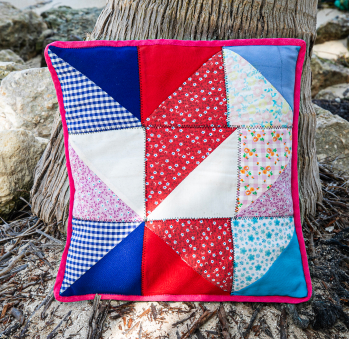
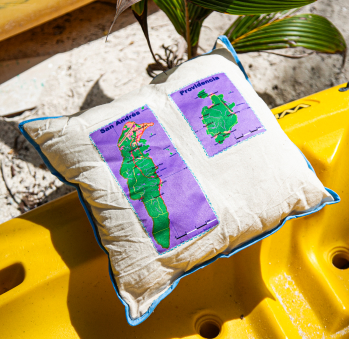
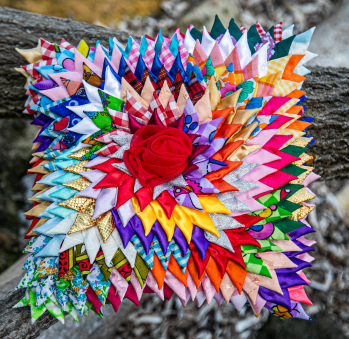
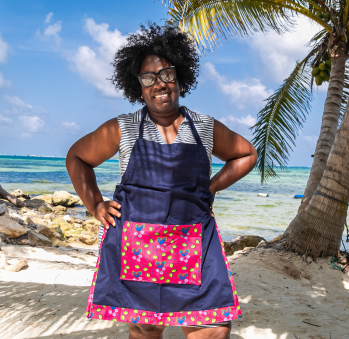
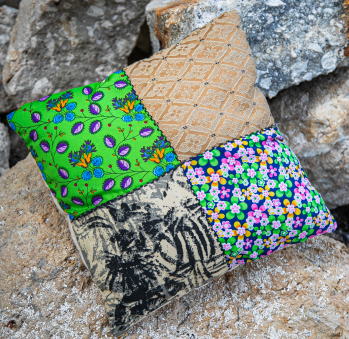

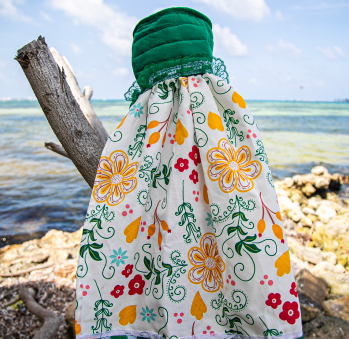







Artisans along the way
Artisans along the way
No puede copiar contenido de esta página

